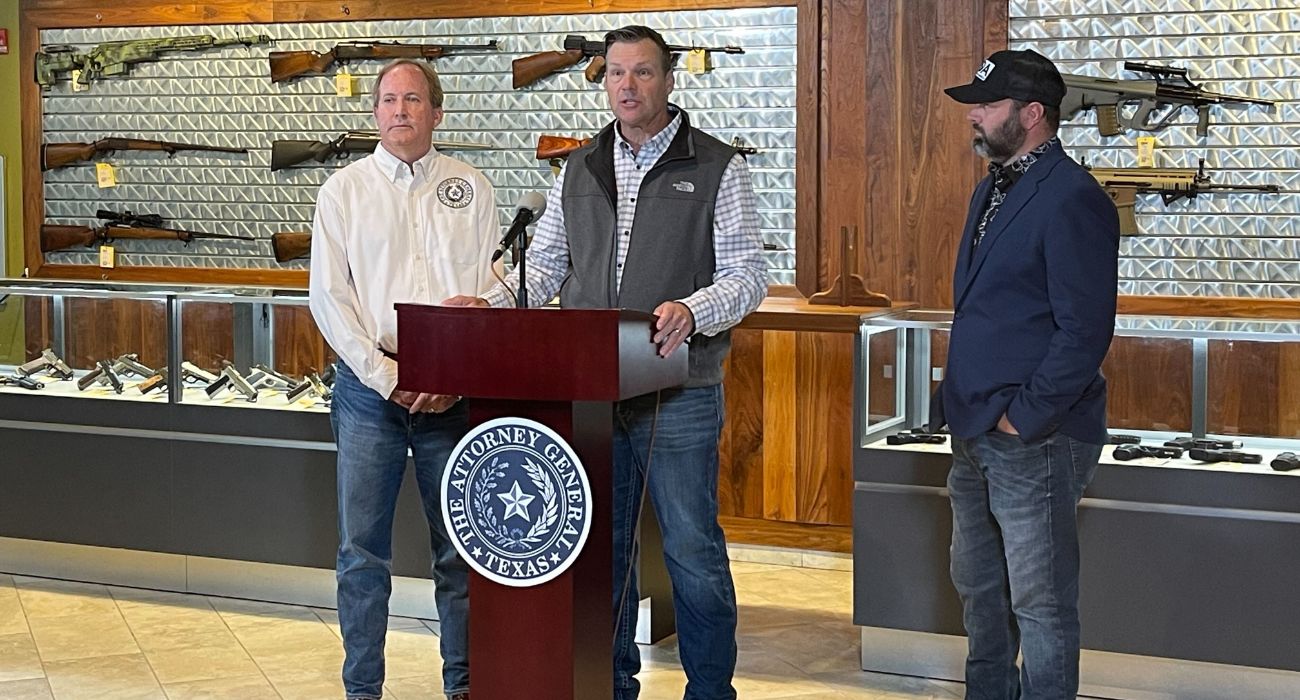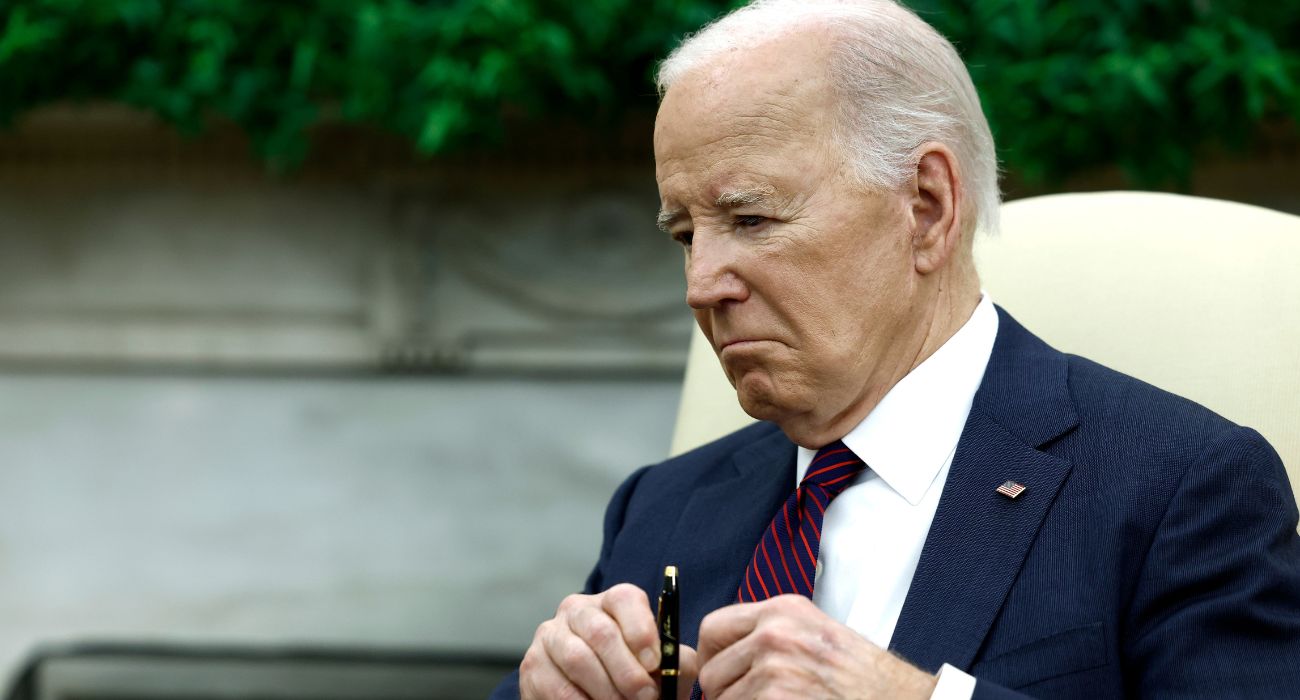January is Human Trafficking Prevention Month. First established in January 2010, the goal of Human Trafficking Prevention Month is “to raise awareness about human trafficking and to educate the public about how to identify and prevent this crime,” according to the U.S. State Department.
According to World Population Review, the United States ranks as the worst country globally for human trafficking, with an estimated 199,000 cases occurring each year.
In the U.S., Texas reports the second-highest number of human trafficking crimes behind California. This could be due to these states’ denser populations, proximity to international borders, high immigration rates, and prevalence of industries that often exploit human trafficking.
Nevada has the highest rate of human trafficking per capita, at 7.5 per 100,000. California falls at number eight, at 3.80 per 100,000. Texas ranks number ten, at 3.63 per 100,000 residents.
According to the National Center for Biotechnology Information, 1,080 cases of human trafficking were reported in Texas in 2019. Of those reports, 165 arrests were made, twenty-seven were disposed of by a prosecutor, forty-six were convicted, seven were deferred, and fifty-three were dismissed. Some cases may still be ongoing. In 2020, 185 arrests were made, twenty-eight were convicted, and thirty-nine were dismissed.
Although U.S. citizens are at risk for human trafficking, Neal Davis Law states that every year around 50,000 victims are brought to Texas from foreign countries, while 25% of 100,000 foreigners yearly are trafficked in the U.S. from access through Texas.
Hundreds of thousands of men, women, and children are trafficked for forced labor and the sex trade each year. The sex trade is the most common reason for trafficking, wherein victims are forced to perform sexual acts in massage and spa facilities, strip clubs, brothels, and street and internet prostitution. Victims of forced labor have been found in the agriculture, manufacturing, food service, and hospitality industries, among others. Children are often used for smuggling drugs, labor, and the commercial sex trade.
A press release from the Office of the Texas Governor stated, “Texas’ Child Sex Trafficking Team (CSTT) has implemented a number of statewide initiatives to help bring an end to the horrendous practice of child sexual exploitation, but we still have much work to do.”
The CSTT focuses on five steps to assist victims: protect, recognize, recover, support healing, and bring justice. According to the team, children are the most vulnerable. Even though all can be at risk, traffickers often target children because situations such as caregiver neglect, runaways, gang involvement, alcohol, drugs, and homelessness make children especially vulnerable. The team shares that predators often “befriend” their victims using social media or messaging platforms and online games to make contact and foster a trusting relationship with them.
Victims are most often “hiding in plain sight” and are manipulated by the traffickers. They may be afraid or unable to speak out for themselves.
In response to the human trafficking epidemic, First Lady of Texas Cecilia Abbott announced the GRACE initiative, which stands for Governor’s Response Against Child Exploitation. The program is described as an initiative that “seeks to put an end to trafficking, protect those who are vulnerable, and help survivors heal and flourish by empowering diverse faith communities to collaborate in education, advocacy, prayer, and provision of resources.”
The Texas Department of Family and Protective Services offers information on GRACE activities planned for the month, including shining blue lights at home, praying virtually during the week of January 10 through January 16, wearing blue on January 11 (Human Trafficking Prevention Day), and informational webinars held every Friday. The movie Wake Up, a movie about a sex trafficking ring, will also premiere locally this month.
Click here to view information on how you can help prevent human trafficking.






